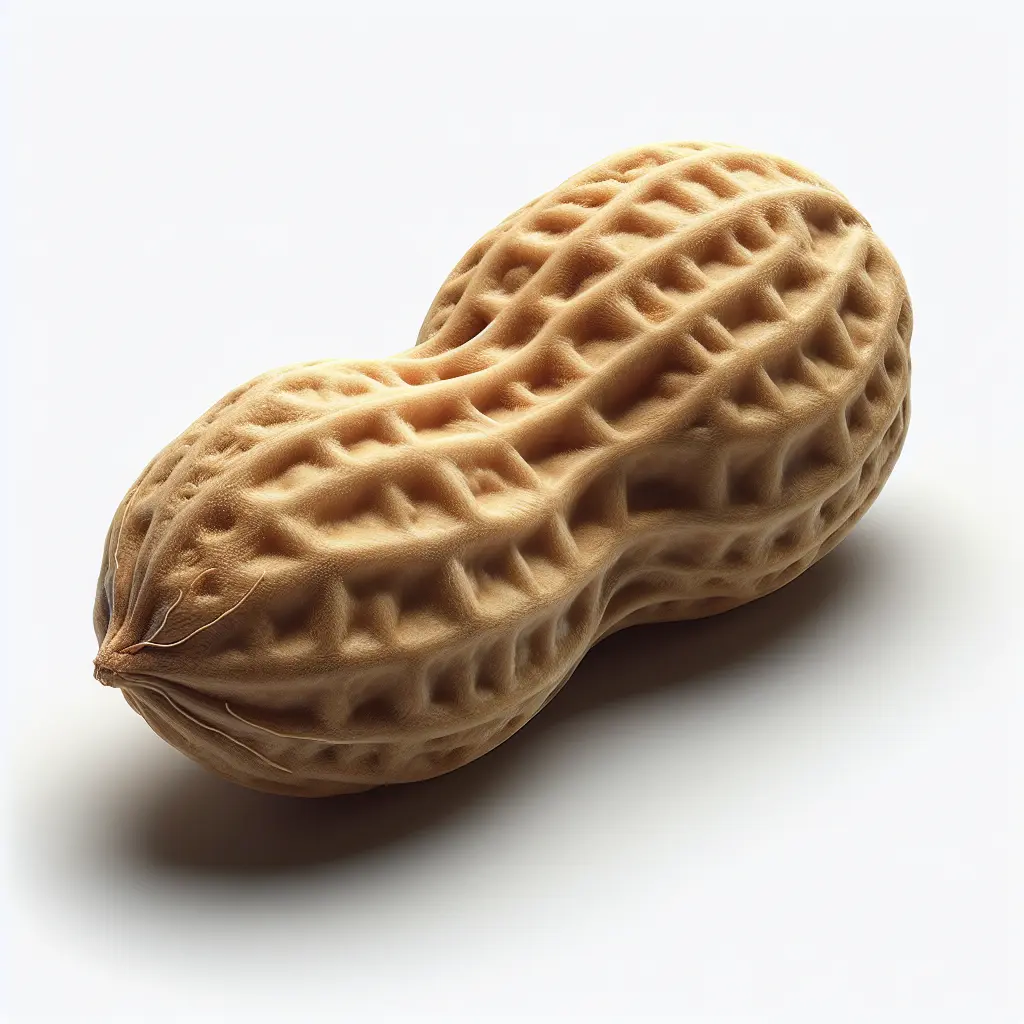Peanuts: A Nutritional Powerhouse
Peanuts, often referred to as groundnuts, are legumes that are native to South America. Despite their name, they are not actually nuts but belong to the pea family. Peanuts are a popular snack food and are also used in a variety of dishes, including peanut butter, peanut oil, and peanut brittle.
Nutritional Value of Peanuts
Peanuts are a nutrient-rich food that provides a range of essential vitamins and minerals. A single serving of peanuts (about 1 ounce or 28 grams) contains:
- Calories: 161
- Protein: 7 grams
- Fat: 14 grams
- Carbohydrates: 6 grams
- Fiber: 2 grams
- Sugar: 1 gram
Calories: Peanuts are a relatively low-calorie food, with just 5.9 calories per peanut. This makes them a great snack option for people who are watching their weight.
Protein: Peanuts are a good source of protein, with 0.2 grams per peanut. Protein is essential for building and repairing tissues, and it also helps to keep you feeling full.
Fat: Peanuts are a good source of healthy fats, with 0.5 grams per peanut. Healthy fats are important for heart health, brain function, and hormone production.
Carbs: Peanuts are a good source of complex carbohydrates, with 0.2 grams per peanut. Complex carbohydrates provide sustained energy and help to regulate blood sugar levels.
Fiber: Peanuts are a good source of fiber, with 0.1 grams per peanut. Fiber is important for digestive health, and it can also help to lower cholesterol levels and reduce the risk of heart disease.
Sugar: Peanuts are a low-sugar food, with 0.1 grams per peanut. This makes them a good snack option for people with diabetes or who are trying to reduce their sugar intake.
Health Benefits of Peanuts
Peanuts have been linked to a number of health benefits, including:
- Reduced risk of heart disease: The healthy fats in peanuts can help to lower cholesterol levels and reduce the risk of heart disease.
- Improved blood sugar control: The fiber in peanuts can help to slow down the absorption of sugar into the bloodstream, which can help to improve blood sugar control.
- Reduced risk of cancer: Some studies have shown that peanuts may help to reduce the risk of certain types of cancer, such as colon cancer and breast cancer.
- Weight management: Peanuts are a filling snack that can help to promote weight management.
- Improved cognitive function: The nutrients in peanuts, such as vitamin E and zinc, may help to improve cognitive function and reduce the risk of dementia.
Tips for Incorporating Peanuts into Your Diet
Peanuts are a versatile food that can be enjoyed in a variety of ways. Here are a few tips for incorporating peanuts into your diet:
- Add peanuts to your trail mix or granola.
- Sprinkle peanuts on top of yogurt, oatmeal, or smoothies.
- Use peanut butter as a spread on sandwiches, crackers, or fruit.
- Add peanut oil to your stir-fries or salad dressings.
- Make peanut brittle or peanut candy for a sweet treat.
Peanuts are a healthy and nutritious snack that can be enjoyed in a variety of ways. By incorporating peanuts into your diet, you can reap the many health benefits they have to offer.
How many calories are in Peanuts?
Each 1 peanut of Peanuts contains 5.9 calories.
Peanuts Nutritional Information
| Nutrient | Amount per 1 peanut (1g) |
|---|---|
| Calories | 5.9 Calories |
| Protein | 0.2g |
| Fat | 0.5g |
| Saturated Fat | 0.1g |
| Cholesterol | 0mg |
| Carbohydrates | 0.2g |
| Dietary Fiber | 0.1g |
| Sugar | 0.1g |
| Sodium | 0.0041mg |
| Potassium | 0.0063mg |
| Calcium | 0.0006mg |
| Iron | 0mg |
